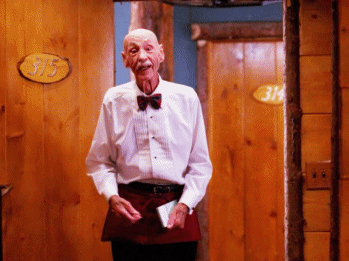Very interesting topic.
The best way I could describe the sacraments are as gifts. They are divine blessings from God and guides in how to direct our lives to Him.
I'll be answering this as a Catholic and in regards to Catholic belief:
Baptism: This is always the first sacraments all Christians receive. It's not full membership into the body of Christ, but it is the first step. It is the sacrament of being born anew, free from original sin.
Communion: This is also referred to as the Blessed Sacrament because it is literally Christ, in body, blood, soul, and divinity -- so all of the other sacraments tie into it, this one is THE sacrament. While the physical nature of the Eucharist remains the same (bread and wine), the substance has changed, which is why it is called transubstantiation rather than transformation. It's not a mere re-enactment of the Last Supper, but we're re-countering and remembering Christ on the Cross. It's a re-experiencing of Christ's sacrifice, but not to be confused with crucifying Christ over and over each time this happens, especially since He did this once and for all 2000 years ago. It is the climax of the Mass.
Matrimony: For Catholics, marriage isn't just something nice that happens when a man and woman fall in love. It's not just a human institution, but a holy one. It's a vocation because it's a call to live our lives a certain way. It's a fruitful and permanent covenant the two make that includes God in the marriage. This is why the Church refers to the home as the "domestic church."
Reconciliation: This is also known as Confession. The Church recognizes two types of sins; venial and mortal. Venial are those small sins we commit, and many times don't realize. We pray and ask God for forgiveness for these without going to confession. However, the bigger sins, mortal sins, are the ones that are necessary for this sacrament. Catholics believe while God could easily just have one pray to Him and ask for forgiveness (which is still good to do, even for mortal ones), Jesus instituted this sacrament as including those who have been consecrated to absolve these sins -- not on their behalves, but as vehicles of Jesus. So when a priest says, "I absolve you of your sins," this isn't the priest forgiving, but is God. And it's Reconciliation because it is a reconciling with God.
Ordination: Like matrimony, this is the vocation one may have to serve God through the Church as a priest or a religious. Those who become priests, monks, friars, nuns, sisters, etc are called "Religious" and those who don't but serve through the Church as laity are called "Secular." (The word Secular in this case doesn't mean how most people use this word).
Confirmation: This is one of the three Sacraments of Initiation within the Church (the other two being Baptism [first] and Holy Communion [third] -- this one is second). The faithful are born anew through baptism, strengthened through confirmation, and in full communion with the Body through the Eucharist. This is illustrated in the Bible when the Holy Spirit came upon the disciples.
Unction: This is also known as Anointing of the Sick. It's not one just for those who are about to die. Its origins come from James 5:14. Both this sacrament and Reconciliation are called Sacraments of Healing. It used to be called "Last Rites" but this term has changed because it caused a lot of confusion (many people think it's for the dead, but it's not). It's a prayer for physical and spiritual healing together. This, Reconciliation, and the Eucharist are the only sacraments that can be received more than one time.
I hope this gives some clarification on these.

